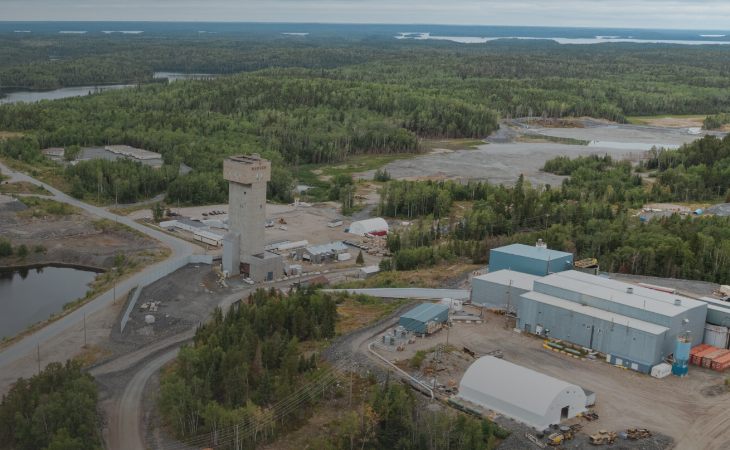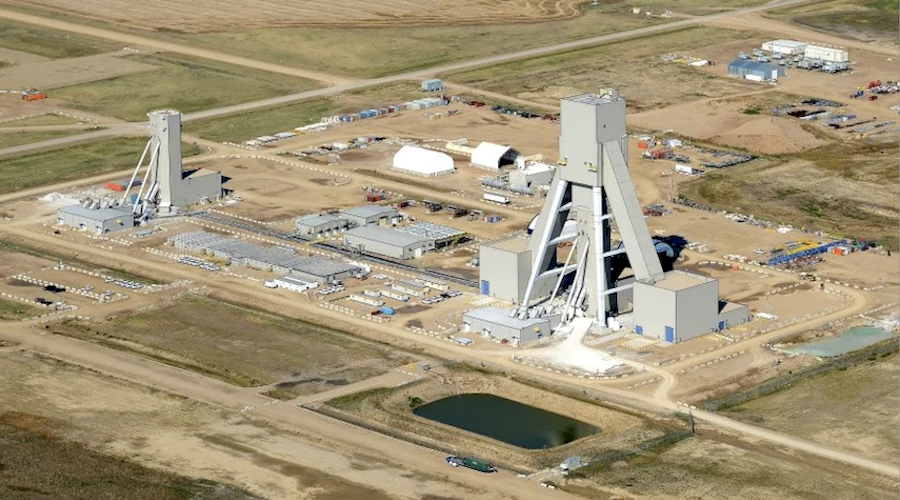Meeting new investor expectations with ESG reporting
When COVID-19 hit, progress on environmental, social and governance (ESG) factors was overshadowed by the necessary short-term focus on health and safety issues and the financial implications of the crisis. But as companies and economies start to recover, investors will be looking for companies with strong ESG performance as a proxy for a more resilient organization. Those that have strong governance, robust crisis management, enhanced and innovative talent management (not to mention strong health and safety practices) will be attractive prospects, both in terms of near-term opportunities and their long-term ability to withstand systemic shocks.
The thing is, COVID-19 is a full force ESG issue. It’s displaced workers, added greater governance and processes and disrupted capital allocation. The ways businesses are responding – both socially and financially – need to be addressed and effectively communicated. Investors are asking questions about the steps companies are taking to manage these added challenges and are raising the stakes when it comes to assessing company performance using ESG factors. The 2020 EY Institutional Investor Survey finds that 72% of investors conduct a structured, methodical evaluation of nonfinancial disclosures. That’s a significant jump from the 32% who said they used a structured approach in 2018.
The mining and metals sector needs to take note. The majority of Canadian organizations are actively investing in ESG measures, but the disconnect is in effectively communicating those actions and their impact on the overall business strategy to stakeholders and investors. This is important not only to secure capital in a volatile market, but also to build and maintain licence to operate. Having a strong social licence will be critical in navigating the post-pandemic landscape.
So, how are mining and metals companies performing? Here are four opportunities to ramp up reporting to meet the expectations of investors and ensure ESG performance plays a critical role in the long-term response to the global pandemic.
- Refocus ESG priorities. Health and safety have long been top priorities for the sector, and the pandemic has only reemphasized their importance. Renewing health and safety functions to meet new elevated needs of operating in a pandemic –
including policies like mental health and wellness, flexibility and community relations – will be critical. In the end, companies will be remembered by the way they treat their people and communities where they operate. - Disclose the financial impact. While investors increasingly look to companies to disclose how they’re addressing ESG, they also want to know how its impacts could affect the business itself. Companies need to measure the financial impact of ESG risks and opportunities on the business and clearly integrate measures into the companies’ financial statements.
- Speak a common language. Complying with a common framework helps investors to compare apples to apples across sectors and make more informed decisions. Though, that’s much easier said then done. There are currently multiple agencies that rate companies, which all use different methodologies and varying sources to information. While the industry works towards addressing standardization, organizations will need to find a framework that meets the unique needs of stakeholders and investors. An example of this is the World Gold Council’s Responsible Gold Mining Principles (RGMP), which can be used as an overarching framework to marry some of these diverse approaches together.
- Don’t let a lack of information lead to misinformation. Investors can often be deprived of important information about a business’s potential to create long-term value due to the company’s failure to disclose. By not including financial information about risks and opportunities in disclosures, investors will either turn to third-party analyses or form their own conclusions about the impact on the business. Don’t let investors guess. Know what information stakeholders are after and address those concerns and measures in financial statements. Including greater insights into intangible assets can allow investors to look beyond current book value.
As society and regulators look to companies to play a leading role in rebuilding our global economies, investors will look at companies who are acting and reporting on ESG factors to build back better. Getting disclosures updated now can help companies to become more attractive as capital enters back into the sector, while building a sustainable licence to operate.
Thibaut Millet is the climate change and sustainability leader at EY Canada. For more insights and actionable items on ESG reporting, visit www.ey.com/en_ca/climate-related-reporting.





Comments